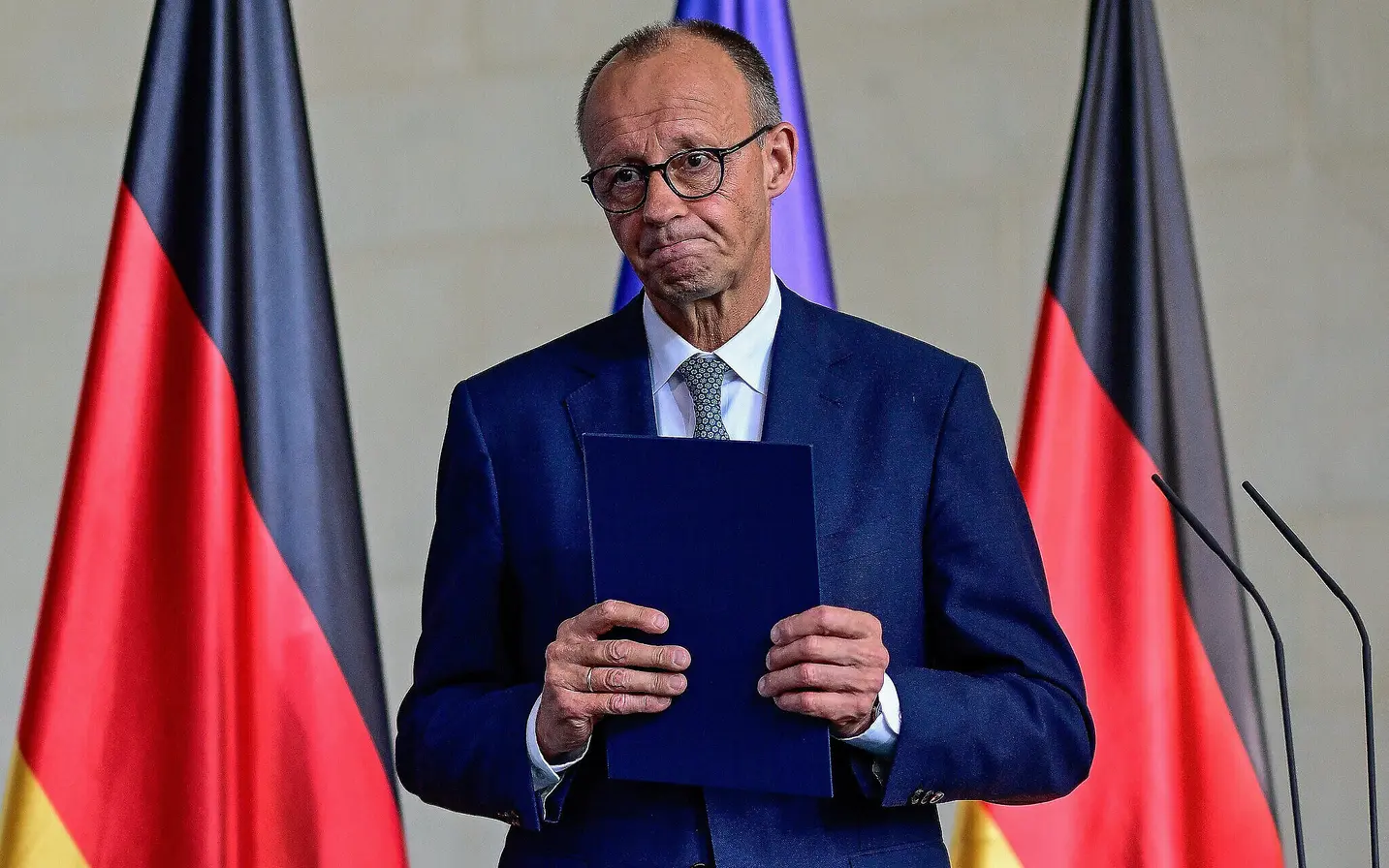T4K3.news
Reservists grow disillusioned as Gaza operation expands
A Reuters report finds growing distrust among Israeli reservists as the Gaza operation expands and hostage diplomacy stalls.
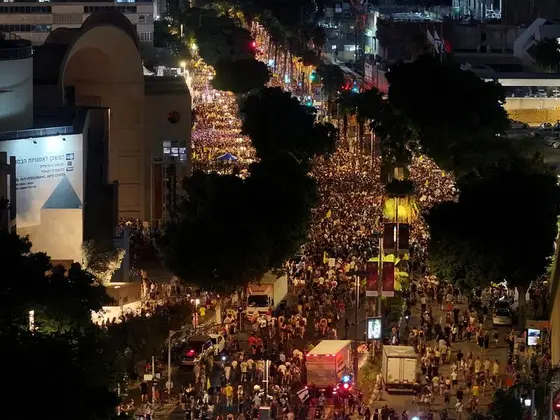
A Reuters analysis finds growing disillusionment among Israeli reservists as the Gaza offensive widens and hostage diplomacy stalls.
As Netanyahu expands Gaza war some reservists grow more disillusioned
Israel is expanding its Gaza operation as it presses to take Gaza City, the enclave’s largest urban center. A study by Agam Labs at Hebrew University surveyed more than 300 reservists and found morale eroding. Sixty-three percent of respondents said their motivation had not changed or was not assessed, while 25.7 percent reported motivation decreasing significantly and 10 percent reported a slight decrease. The largest group, 47 percent, expressed negative feelings toward the government and the handling of the war and hostage negotiations.
Earlier this year, Israeli outlets reported a shortfall in reservist turnout against the backdrop of a protracted conflict. After the October 7 attack by Hamas, Israel mobilized roughly 360,000 reservists; with plans to call up as many as 250,000 more for the Gaza City operation, the burden on citizens who serve part time remains intense. The war has drawn broad public attention and sparked nationwide protests calling for progress on hostages’ release and a clearer path toward ending the conflict.
Key Takeaways
"There’s a lack of vision, both in the political and the senior military leadership, a real lack of vision"
Statement by special forces Sergeant Major A. Kalker about leadership
"This war is entirely political"
Comment by a reservist pilot about the war’s driving motives
"I will not be part of a system that knows that it will kill the hostages"
Combat medic describing moral concerns during mobilization
"Bibi is the king of not making decisions"
Reservist on leadership and decision making
The mood shift among reservists highlights a broader political and strategic challenge for Prime Minister Netanyahu. When a war appears to be driven by political motives rather than immediate military necessity, volunteers may question why they risk lives again. The comments from reservists, including admissions of fatigue and anxiety about the mission’s direction, suggest a legitimacy problem for a government that has framed the conflict as a decisive security crucible. This is not just a casualty count but a test of how a democracy sustains public support during a long and costly campaign.
Public protests and calls for inquiries into security failures add to the pressure on leadership. If reservists feel abandoned by a plan after multiple mediation efforts and hostage negotiations, sustaining broad public backing becomes harder. The risk is not only a dip in morale but potential gaps in manpower at a moment analysts say the campaign may hinge on reserve strength and resolve. How leaders respond to these concerns in the coming weeks will shape both the war’s trajectory and Israel’s political footing.
Highlights
- This war is entirely political
- Where is this going
- Bibi is the king of not making decisions
- I will not be part of a system that knows it will kill the hostages
Political and public reaction risk linked to extending the Gaza campaign
Rising reservist discontent and ongoing protests raise the chance of political backlash and calls for accountability. If support wanes, military effectiveness and democratic legitimacy could be affected.
The coming weeks will reveal whether confidence in the mission can survive political fatigue.
Enjoyed this? Let your friends know!
Related News
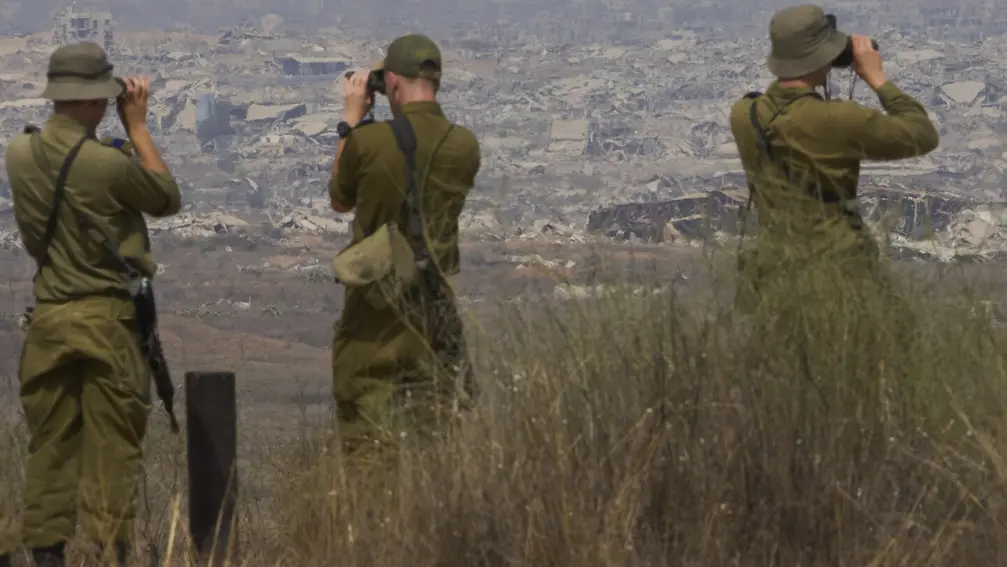
Israel expands Gaza operation
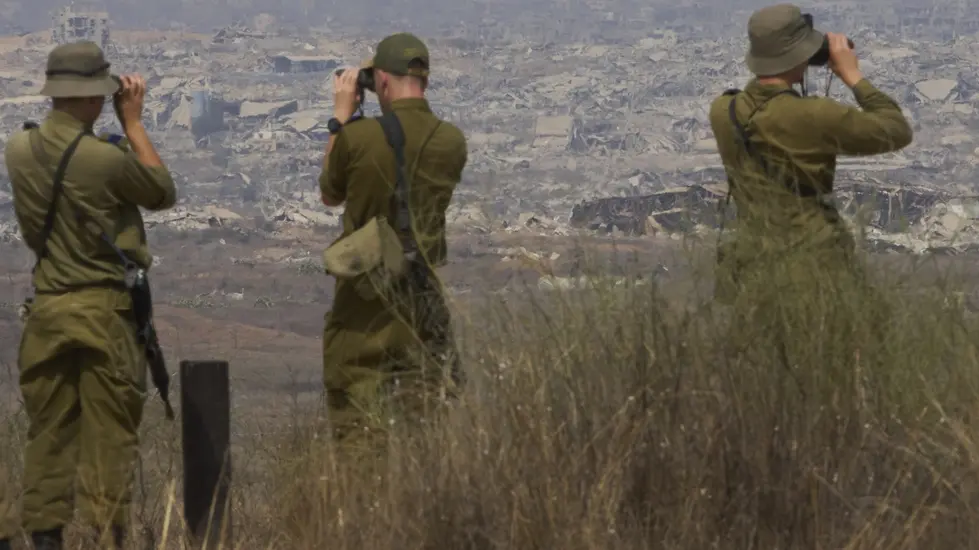
Israel expands reservist call up

Israel's cabinet set to approve full occupation of Gaza
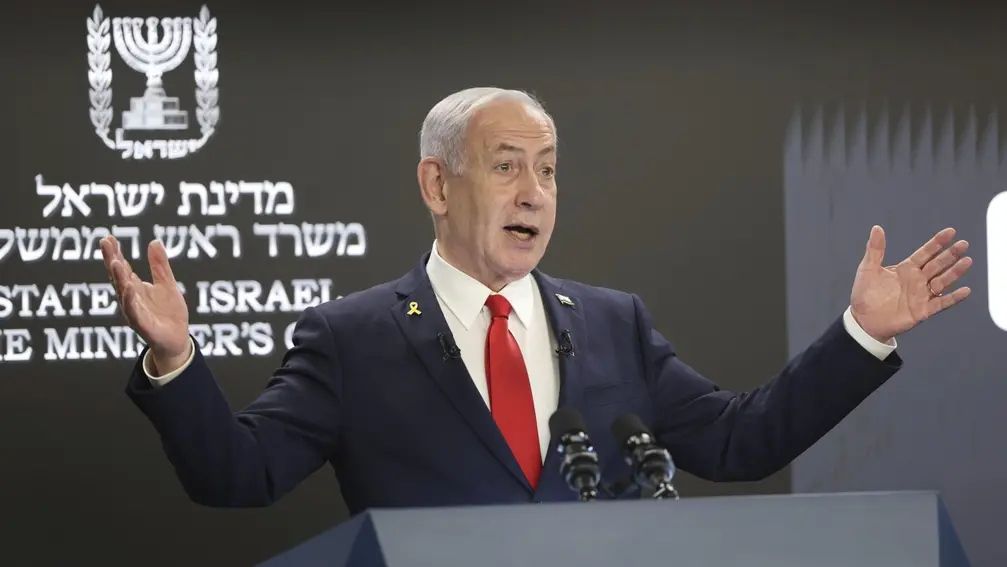
Gaza offensive defended by Netanyahu
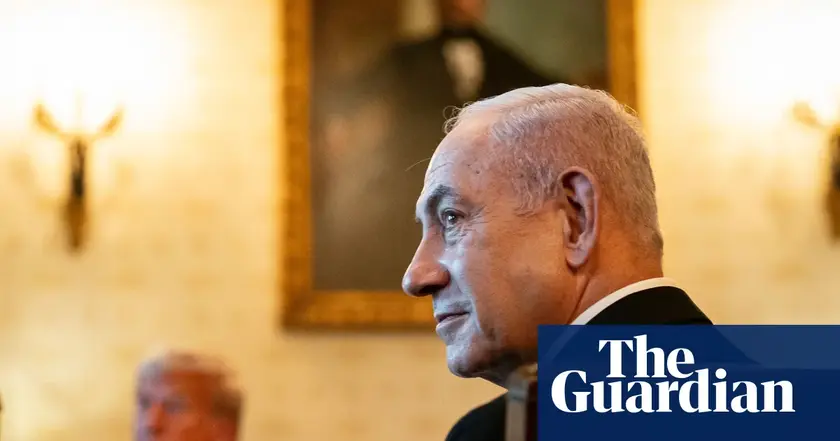
Former Israeli officials ask Trump to help resolve Gaza conflict

Disturbing images reveal child malnutrition crisis in Gaza
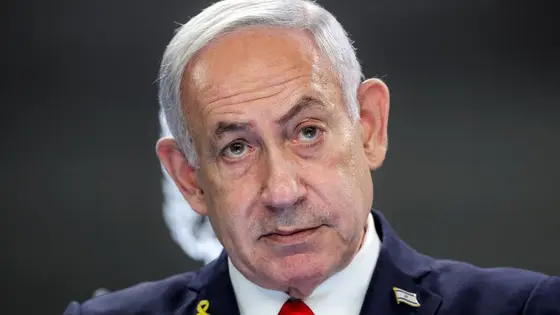
Gaza City takeover defended by Netanyahu
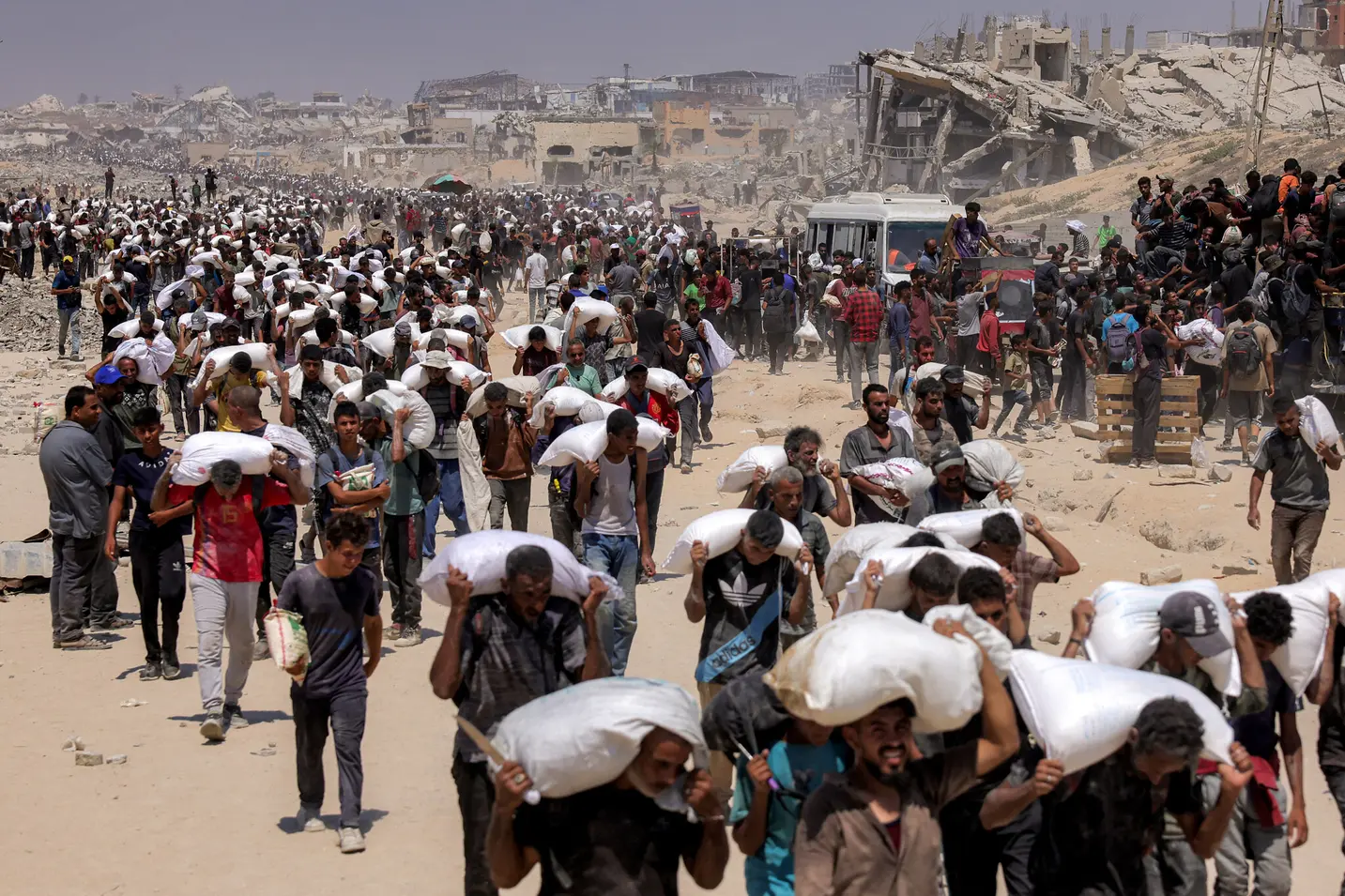
IDF initiates humanitarian pauses in Gaza to alleviate famine concerns
